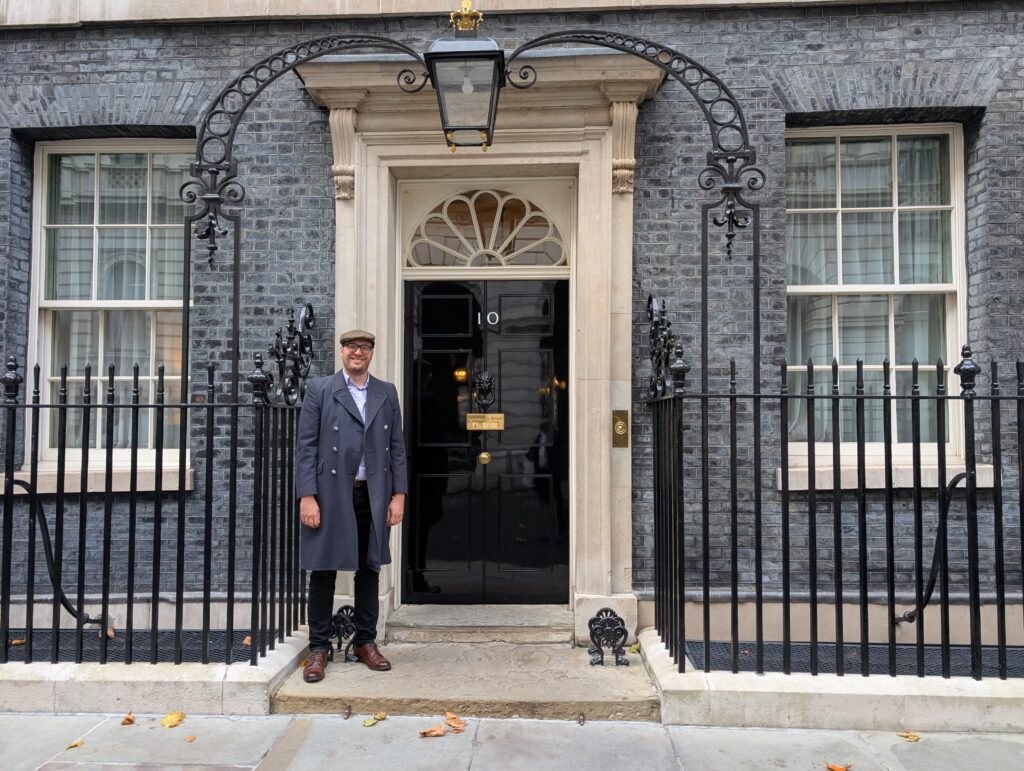As Scotland gears up to an election next year, all parties have their sights set on what will garner support with voters and the midwifery community is top of our agenda as we look to attend party conferences.
As a non-affiliated union the RCM has the freedom to engage equally with all political parties to advocate for what will make a difference to the midwifery community in Scotland.
Jaki Lambert, Director for Scotland, said:
“While we are developing our manifesto for those elections, chatting with MSPs is a useful way to lay the groundwork for what we will be asking for and party conference gives us the best opportunities for access to them.
“High on our agenda was the Ministerial taskforce, as we want all parties to commit to full implementation of all the taskforce recommendations. This is essential to ensure the retention of midwives and maternity care assistants.
“We also discussed the narrative being heard that there are not midwife vacancies. This is not a reflection of what is needed, just what is being put to advert in a time of financial challenge. There was also the chance to talk about the environments that midwives and maternity care assistants work in and, while we have some great units in Scotland, too many have not had the investment required to meet the needs of either the midwifery community or women and families receiving care.
“Without a good working relationship with our parliamentarians, we miss opportunities to get your voice heard., so I am proud of our team and how they continue to get members’ voices heard at every turn. Over the next few months, we will finalise our manifesto ask while we continue to have discussions with all parties. In the meantime, we want to do everything in our power to advocate for the taskforce recommendations to be implemented in a tangible and transformational way. While we are part of the oversight and implementation groups for the next phase of the taskforce, none of this will be of value if it doesn’t feel different on the ground. The listening project was key to the development of the taskforce recommendations but even more important is to ensure that listening continues as the taskforce moves into phase two.”
ENDS

